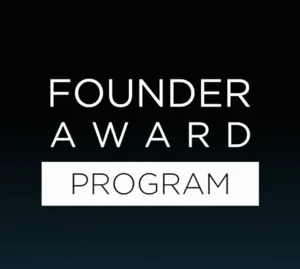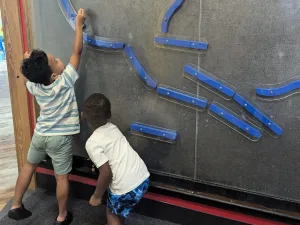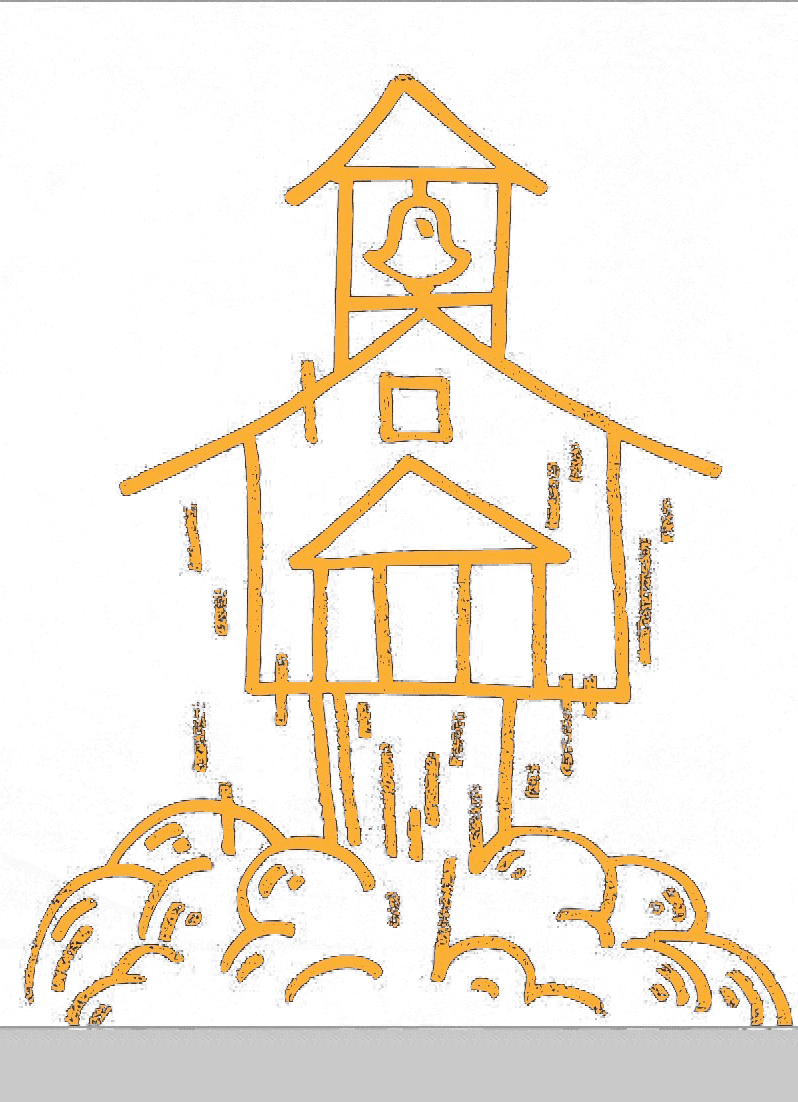Usually when you hear the term “ASVAB,” you would associate it with the military, and rightly so. The ASVAB, or Armed Services Vocational Aptitude Battery, is an assessment used by the military to determine enlistment eligibility as well as suitability and aptitude for various jobs and career paths within the Armed Forces. However, the ASVAB has been expanded to include a Career Exploration Program (CEP) available to all high school students beginning in their sophomore year, regardless of whether they intend to pursue a military career. The goal of this program is to “help students learn about their skills and interests, identify potential occupations, and discover all the pathways to career-field entry.”
Recently on Kym’s Corner, I sat down with Natalie Mack, a nationally recognized expert on military homeschooling to discuss the ASVAB CEP. Featured on CNN, Natalie has homeschooled her five children through high school and into college and has spent over 23 years serving military homeschooling families—who homeschool their children at twice the rate of civilians. In addition to her work with military families, she now also facilitates wraparound parent and student workshops focused on the CEP. While the ASVAB remains the primary vehicle for those interested in a military career, more and more high school families are utilizing the CEP to assist with educational and career planning outside of the Armed Forces.
The ASVAB CEP’s focus on aptitude and acquired skills beautifully complements unconventional learning environments, which increasingly utilize project-based learning to demonstrate skill and knowledge acquisition. As educational entrepreneurs create environments that depart from the conventional measures such as the SAT and ACT and embrace transcripts that include soft skills such as teamwork, problem-solving, and communication (the same skills the US Department of Labor identifies as key indicators of work-readiness), the ASVAB CEP represents a valuable resource for high school students.
Skill assessments such as the ASVAB CEP that help students identify their strengths and interests can support families in planning more effectively for life during and after high school. As a parent, I wish that I had had the opportunity to offer my oldest child this opportunity. A natural artist and emotional empath, she was advised by a well-meaning person to study criminology for a career as a police sketch artist. After a disappointing first year at an out-of-state university, she returned home for a “do-over.” She enrolled in her first art class at our local community college and thrived. She now has a degree in studio arts and works in the mental health community. My youngest daughter, who is entering her junior year of high school and is somewhat undecided in her path after graduation, will participate in the ASVAB CEP this fall. We’ll use the information gained from this assessment as we plan dual-enrollment classes and continue navigating her remaining two years of high school.
According to Natalie Mack, “the ASVAB CEP doesn’t just prepare students for careers; it helps them discover who they are.” One purpose of these wraparound workshops is to introduce and familiarize parents with the ASVAB before their students take the assessment. Understanding how the ASVAB measures students’ skills and interests and offering parents strategies for how best to utilize the results helps maximize the program’s benefits. Students then sit for the ASVAB, a free assessment administered by the Military Entrance Processing Station (MEPS). Following the test, the MEPS offers a Post-Test Interpretation (PTI) to the students.
In October, Natalie Mack is bringing her wraparound parent and student workshops to homeschooled students in the Metropolitan DC area, with plans to expand nationwide. She is coordinating opportunities for homeschoolers in grades 10–12 to participate in the ASVAB CEP, beginning with a virtual parent orientation and concluding with a workshop on military service routes for those interested in pursuing careers through service academies, Reserve Officer Training Corps (ROTC), or enlistment.
Oftentimes, unconventional learning spaces lack specific services for career exploration and planning, so parents and students are left to figure out best avenues on their own. As the educational landscape continues to shift and the number of unconventional learning spaces increases, incorporating opportunities such as the ASVAB CEP, which help students learn more about who they are, their strengths and interests, and potential career paths beyond the military, can only serve to enhance the support available to families. Knowing this information equips parents and founders to prepare students for a successful and fulfilling life after high school, whether it leads to college, the workforce, entrepreneurship, or military service.





